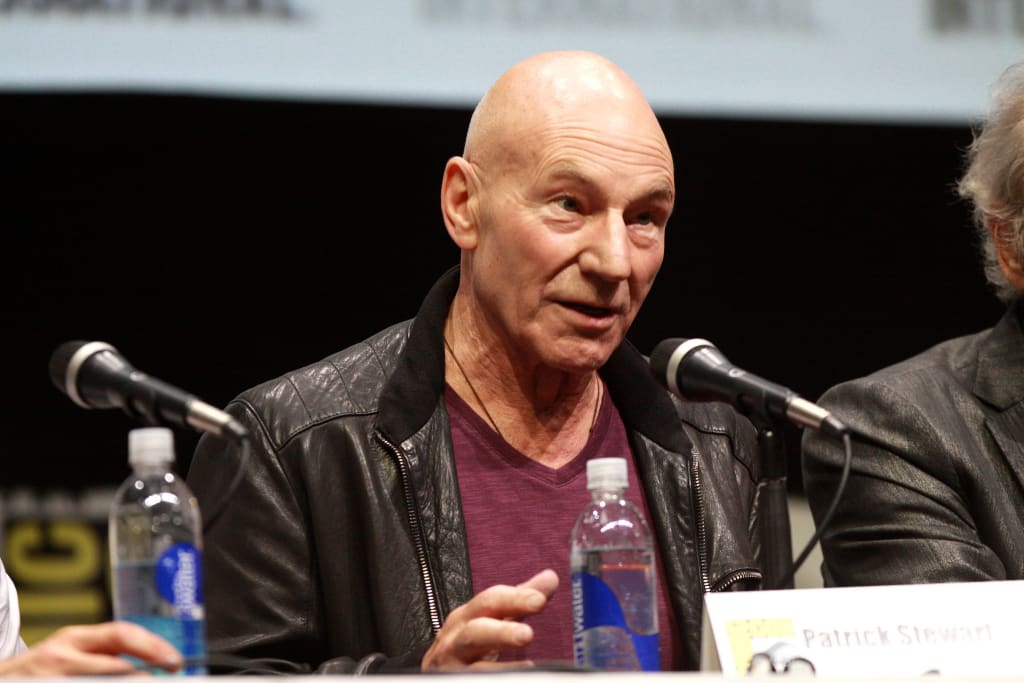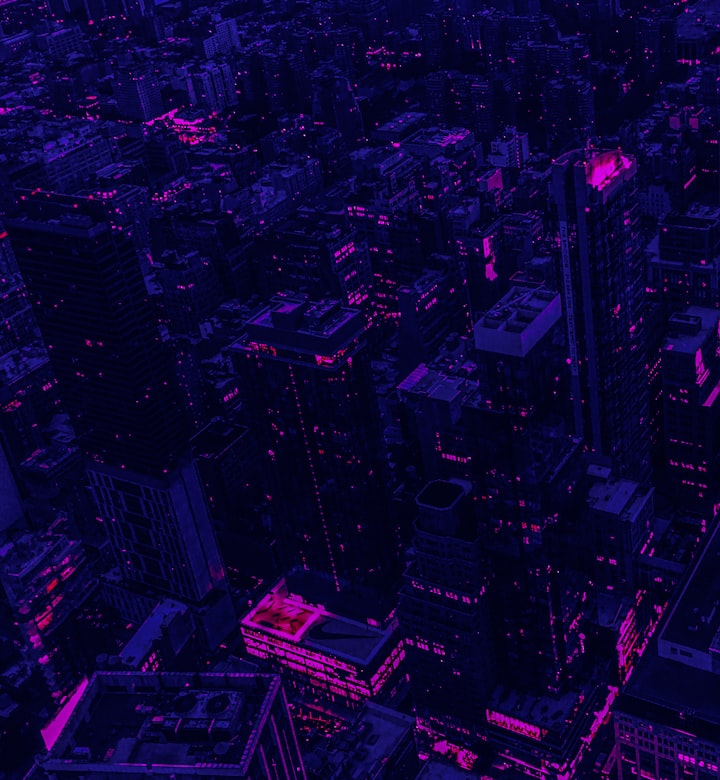Part II: Best Second Tier Episodes of 'Star Trek: The Next Generation'
The Next Level of Greatest

Photo by Gage Skidmore
As in the original series, The Next Generation has a tier below "Tapestry," "All Good Things," "Yesterday’s Enterprise," and "The Inner Light." Here are installments three and four.
"The Quality of Life”
In "The Quality of Life" we learn that Data is not alone in the universe, and he’s willing to sacrifice everything to fight for the rights of his brethren. Of course, Data’s circuitry doesn’t require a low level search through defragmented files to recall the hearing that determined his sentience.
So when the exocomps seem to malfunction, only an android of his mettle and experience could identify the self-awareness of these fellow travelers. “I believe the exocomp was protecting itself. And if that is true, it has demonstrated an awareness of its environment, and an ability to adapt to that environment.”
He then reasons that exocomps must have the right to freewill and cannot be classified as tools. Still, it’s pretty easy to miss the sentience of the little devices, and maybe Data’s insistence makes a better case for his own self-awareness.
So Data is forced to consider that “his emotions” got the better of him and he was wrong to hold up the current mission. “When I began investigating the exocomps, I realized I might be encountering a progenitor of myself. Suddenly the possibility exists that I was no longer alone.”
But once it’s realized that the exocomp saw through the test simulation, Data’s logic eliminates any doubt in regards to self-awareness. “I see no other possible explanation.”
Then it gets real, and Picard and Geordi’s only hope for a safe beam out rest on the exocomps. So would Data really risk his two friends lives for these cute little Mini-me’s, while even admitting that the jury is still out.
The conundrum stretches the limits of Star Trek’s search for the human soul, and Data’s logical process has no choice but to give in to emotion. “I have observed that humans often base their judgments on what is referred to as instinct or intuition. Because I am a machine, I lack that particular ability. However it may be possible that I have insight into other machines that humans lack.”
In the end, the exocomps live up to their self-awareness by sacrificing one of their own, and Data’s advocacy aligned perfectly with his primary mission: to become more than his programing.
“It was the most human decision you've ever made,” Picard concludes the lesson.
"I, Borg"
"I, Borg" is one hell of a messy episode. So many philosophical hoops to jump through that we are left awash in a collective whirlwind of doubt.
The Borg not updating their virus software in the event of capture, Picard has the chance to rid the monolithic force from the galaxy. A no brainer, right?
Do no harm is quite the understatement as Dr. Crusher considers her role. “We're talking about annihilating an entire race,” she begins the resistance.
The doctor’s push back is futile but military rationality has a point nonetheless. “It comes down to this. We're faced with an enemy who are determined to destroy us, and we have no hope of negotiating a peace. Unless that changes, we are justified in doing anything we can to survive,” Picard asserts.
Wait a minute, what was that last part? Is Picard allowing his personal experience with the Borg is clouding his judgment? He certainly hopes so.
Of course, dehumanizing an enemy is hard to do when you are forced to have human interaction. The same goes for the perspective gained on how they live their lives. “On a Borg ship we live with the thoughts of the others in our minds. Thousands of voices with us always,” Hugh sheds light.
So just another Saturday Night and I ain’t no body is never a thing. That don’t sound so bad.
But we still prefer friends, and Hugh comes to understand the concept. “Like Geordi and Hugh,” the Borg designates.
Humanization cuts both ways.
Nonetheless, Picard wants no part of the philosophical gymnastics. “Because it's been given a name by a member of my crew doesn't mean it's not a Borg. Because it's young doesn't mean that it's innocent. It is what it is, and in spite of efforts to turn it into some kind of pet I will not alter my plans,” Picard stands pat.
Wait a minute again, is that Picard or just one of the many bad human actors throughout our violent history. Guinan, of all people, gets him Picard to know himself. “Fine. But if you don't talk to him at least once, you may find that decision a harder to live with than you realize.”
Picard is forced to relent and after meeting Hugh, the captain cannot deny that he is dealing with an individual. A middle ground is chosen in the hope that I, Borg can spread through the collective.
Star Trek had not lost its moral compass, and Hugh’s knowing look to Geordi gave us a collective sigh of relief to confirm. Of course, the Kumbaya didn’t help much when the Borg cube came crashing through Federation defenses in First Contact.
Very messy indeed.
Please Like my Entertainment page on Facebook
Author can be reached at [email protected]
About the Creator
Rich Monetti
I am, I write.






Comments
There are no comments for this story
Be the first to respond and start the conversation.